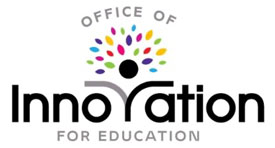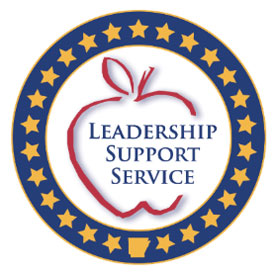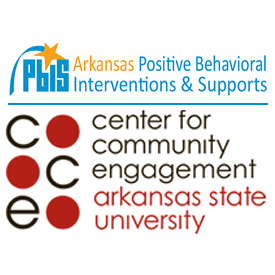The State Personnel Development Grant (SPDG) is committed to creating meaningful, reciprocal partnerships with families and communities that lead to student success in and out of the classroom. This page offers various resources and tools to strengthen family and community engagement at the state, district, and school level.
Arkansas Department of Education: Division of Elementary and Secondary Education

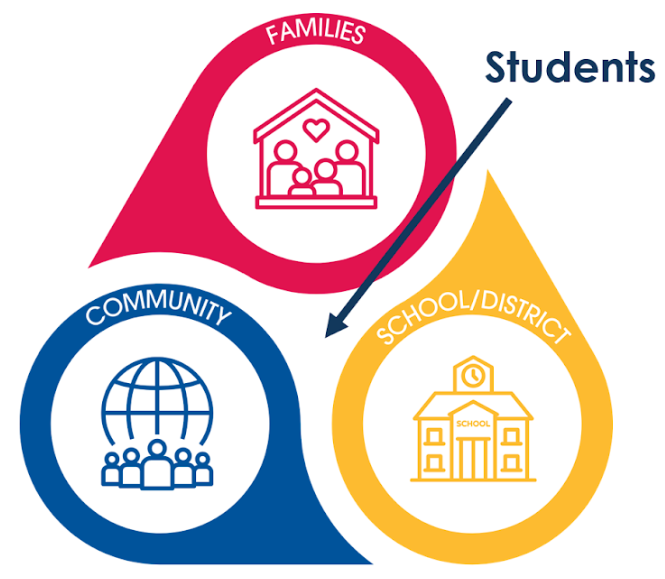
Inclusive Learning. Full Access. Better Outcomes.
The Arkansas Division of Elementary and Secondary Education is committed to ensuring that every student in Arkansas has access to core instruction that leads to greater opportunities for students to reach college, career, and life goals.
A Parent’s Guide to Inclusive Education: The purpose of this guide is to provide information about Arkansas’s move toward more inclusive education for students with disabilities.
Family and Community Engagement
The Arkansas Department of Education recognizes and supports families, the child’s first and most important teachers, as essential partners for student success through engaging in meaningful communication to provide an effective learning experience for each student. The Arkansas Family and Community Engagement Coalition fosters partnerships among students, families, schools, and community assets across the state to minimize barriers (academic, personal, social, and health) through the creation of birth to grade 16 framework.
Arkansas's Reading Initiative for Student Excellence (R.I.S.E.)
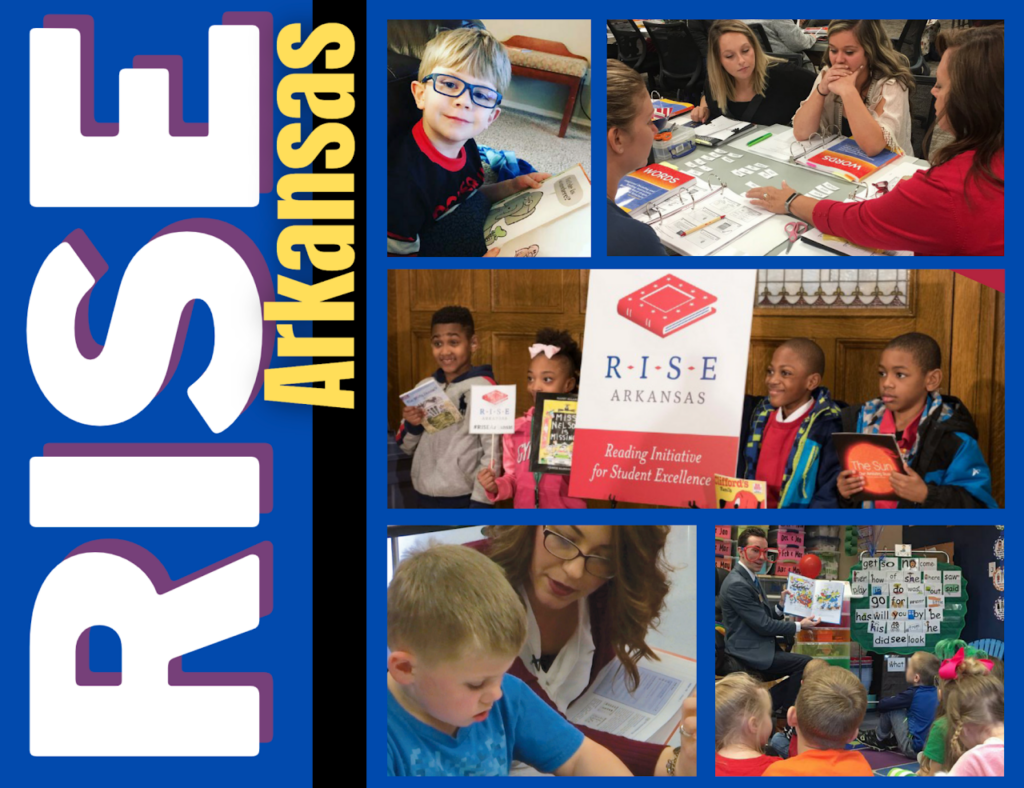
R.I.S.E. Arkansas encourages a culture of reading by coordinating a statewide reading campaign with community partners, parents, and teachers to establish the importance of reading in homes, schools, and communities.
For updated resources, research, and information, visit the R.I.S.E. Arkansas Science of Reading Resources website.
Response to Intervention
Your child’s state, district, and school is committed to providing high-quality instruction and support to promote the highest achievement of all students. At the school level, Response to Intervention is a framework used to maximize the success of all students.
The Response to Intervention for Parents and Families training modules are used to ensure a common understanding of Response to Intervention (RTI) by families, communities, and educators. Research shows that when families and communities support children at home and at school, children do better in school. Collaboration and communication with educators and schools around these supports is critical for student success in both academics and behaviors.
Arkansas Texthelp
All Arkansas students in grades three through twelve have free access to three technology tools through Texthelp – Read&Write, Equatio, and uPar. These tools are intended to support students in ELA, reading, mathematics, science, and all other content areas!
To learn more about this technology suite, visit the Arkansas Texthelp Landing page.

Read&Write is a literacy support software that provides reading, writing, and study skill tools for students of all ages and abilities.

Equatio is a math and STEM support software that allows students to easily create and edit mathematical equations and expressions.

uPar identifies whether students benefit from listening and seeing text using text-to-speech to comprehend narrative and informational text.
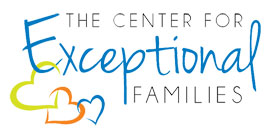

The Center for Exceptional Families (TCFEF) assist Arkansans with disabilities in attaining an exceptional quality of life by providing resources and support to individuals and families. The TCFEF team consists of mentors, parents, and advocates that strive for positive outcomes for those with disabilities, including their families.
Teresa Hendrix is the TCFEF representative on the State Personnel Development Grant (SPDG) Core Management team where she functions as the Family and Community Liaison. Teresa will assist State educational agencies in reforming and improving their systems for personnel preparation and professional learning to improve results for students with disabilities.


